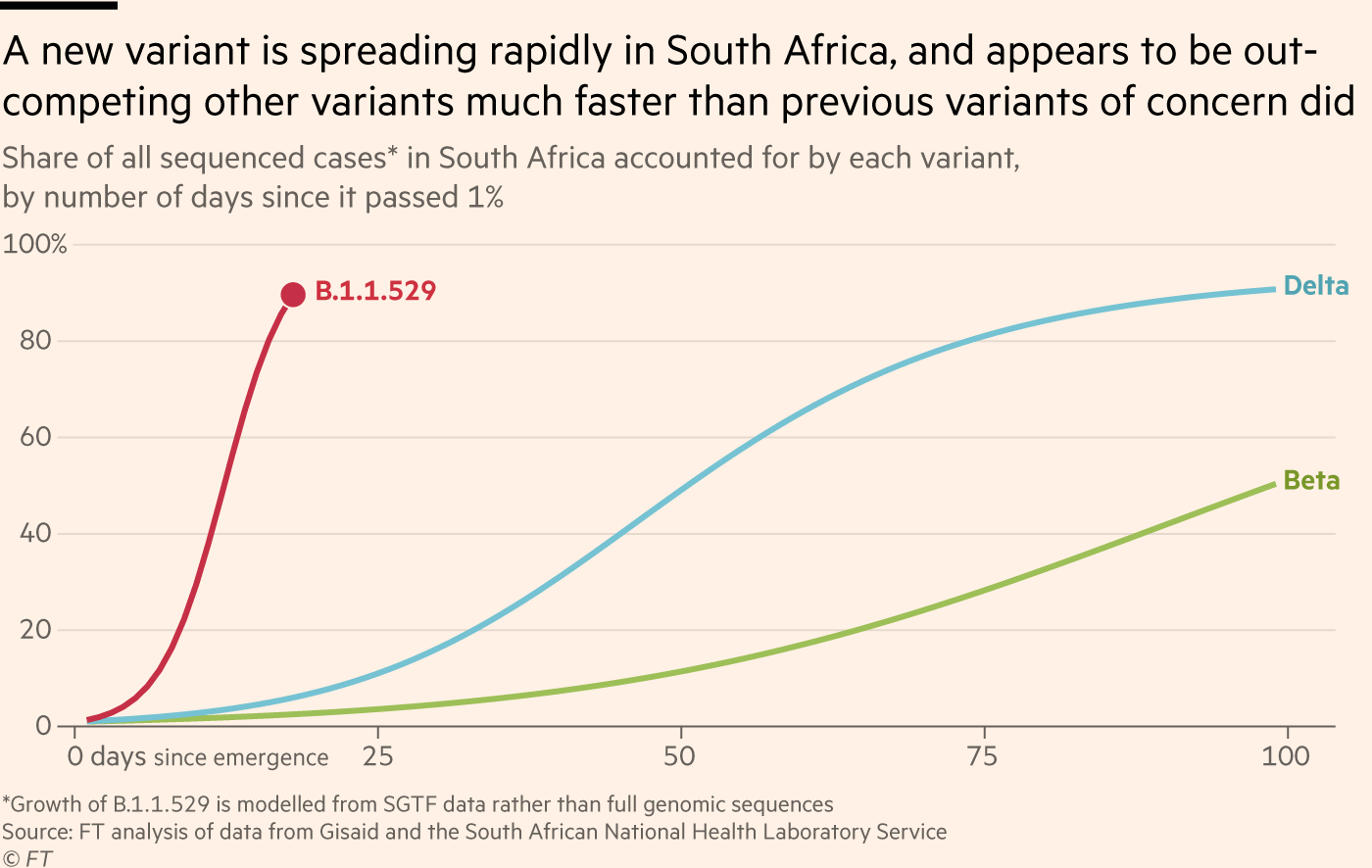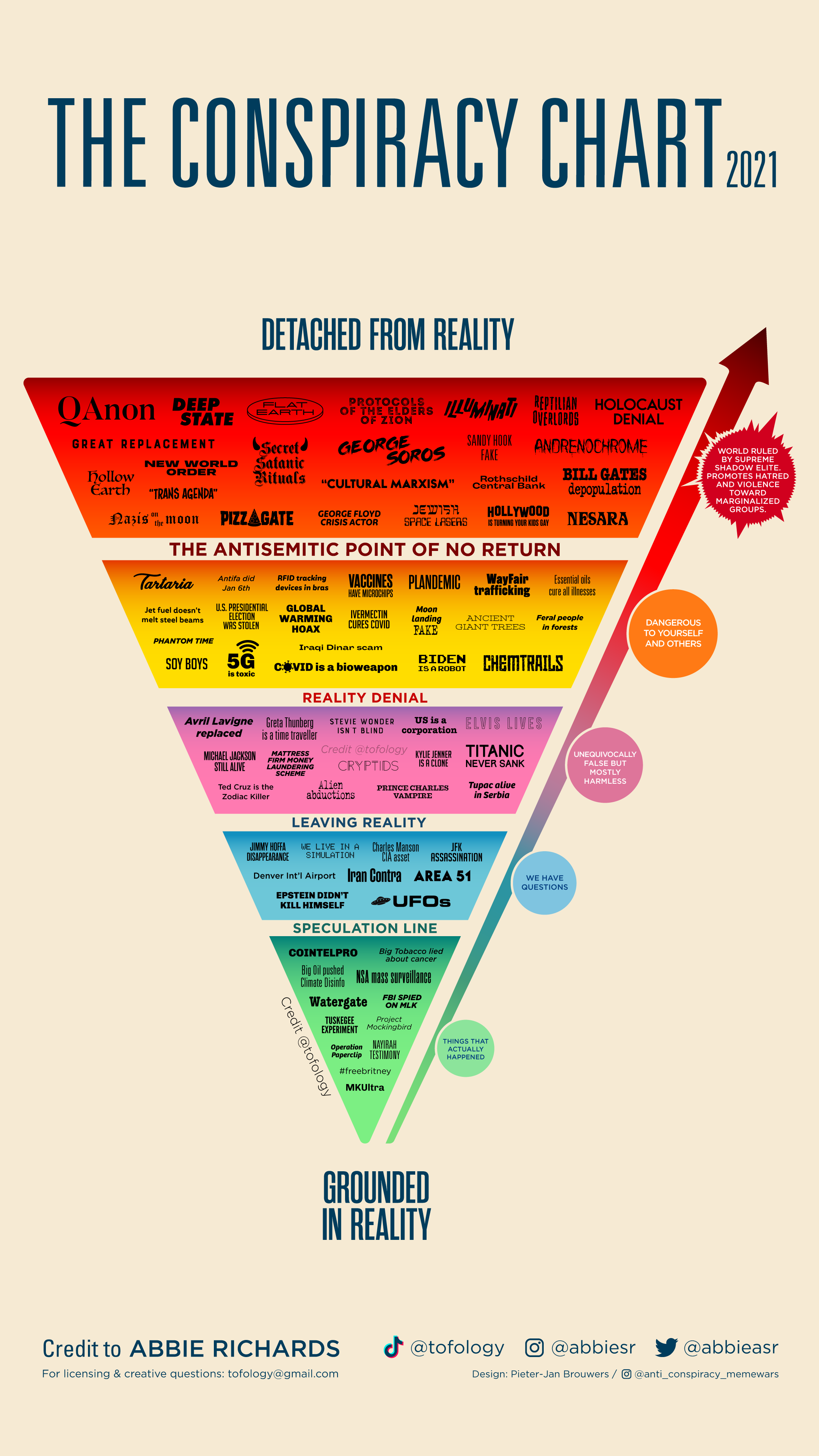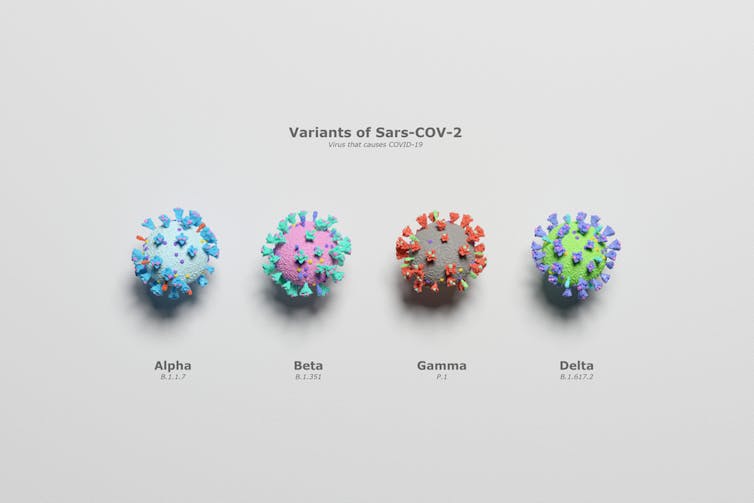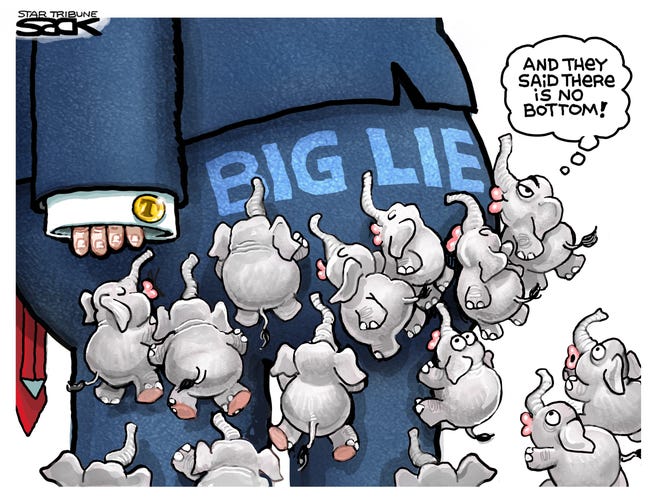Will You Storm the Capitol if the 2024 Election is Stolen?
By Thom Hartmann for the Independent Media Institute
We’re demonizing the wrong people.
This is not a call to “understand” or “have compassion” for
Trump voters. Instead, it’s a call for a wholesale political and social
indictment of Trump’s Big Lie, along with every elected Republican politician
or media member who knows Trump lost but keeps perpetuating that Lie.
If we fail, history may repeat itself and — this time — the
result will be far worse than Bush’s lying us into two wars and privatizing
Medicare.
That, in part, is because numerous Republican-controlled
states are passing laws and gaming out scenarios that could enable a repeat of
a variation on the election of 1876: if GOP-controlled swing states submit
multiple slates of electors denying either candidate 270 uniquely certified Electoral
College votes, the election could again get thrown to the House of
Representatives (as was the election of 1800, too), where
Trump (or another neofascist Republican) would win.
Democrats tend to forget that Donald Trump received about 10 million more votes in 2020 than he did
in 2016. It’s why he’s still a potent political force in America and
around the world.
Although Biden got around 7 million more votes than Trump
and overwhelmingly won the popular (and Electoral College) votes, Trump’s
raw-numbers electoral popularity actually went up at the end of the 4
years of his presidency.
Those Trump voters — from the people who stormed the Capitol
on January 6th to the folks who just quietly showed up at the polls and never
mentioned anything political to neighbors, friends or relatives — believed he
was the best guy for the presidency.
And today, about three-quarters of them (76%) also now believe
that his presidency was stolen from him in 2020.
Consider, for a moment, if the tables were reversed:
It’s 2024 and President Biden and Donald Trump just faced off
in the election. Biden wins the popular vote by over 10 million, but the
Electoral College vote is up in the air because of a weird constitutional
technicality.
Just like in the election of 1876, several swing states in
the midst of political turmoil have submitted dueling slates of electors, one
(based on the popular vote) for Biden and another (reflecting the will of the
state legislature) for Trump. And, just like in 1876, when you exclude
the “contested states” neither candidate hits the 50%-plus-one electoral votes
needed (now 270) to win the White House.
Under the 12th Amendment, as John Eastman pointed out in his 2020 memo
to Trump (and echoed by Jenna Ellis and Mark Meadows), that throws the election
to the House of Representatives, where each state has one single vote, that
vote being decided by each state’s legislature back home. Thirty states are Republican controlled
and submit their 30 votes for Trump, with Biden receiving the remaining 20: the
House declares the election goes to Trump.
Democrats immediately sue before the Supreme Court, but —
for the second time in history — the Court awards the presidency to the
Republican who lost the popular vote amid a contested Electoral College vote.
Trump, say the Republicans in Congress and on the Court, is
to be sworn in as president a few weeks after the votes are certified on
January 6th, 2024.
But President Biden calls a press conference to tell the
nation that the states that submitted dual ballots were behaving with corrupt
intent just to allow this very scenario to play out.
“Trump and his Republican allies used a technicality in our
Constitution and law to claim they won an election they very clearly lost,”
Biden says. “Americans shouldn’t stand for this!”
All across the country, people begin pouring into the
streets. Pitched battles break out between Trump and Biden supporters, as
cities are set afire and hundreds die from gunshots.
What do you do?
This would be, after all, the fourth time Republicans have
tried to use this same strategy to bring a presidential election around to
themselves on their own terms, and the first two out of three times they were
successful.
How Republicans Pulled It Off In 1876
The first was the election of 1876, when the Republican who
lost that election (both popular and Electoral College), Rutherford B. Hayes,
was nonetheless installed as president by the House of Representatives in
March, 1877.
Democrat Samuel Tilden won the popular vote nationwide but,
with 184 electoral votes, was one vote short of the then-necessary 185
electoral votes to become president.
Republican Rutherford B. Hayes not only lost the popular
vote but had only 163 uncontested electoral votes. (He was sold to voters as an
antidote to the Radical Republicans like Thaddeus Stevens
who’d worked so hard to bring formerly enslaved people into politics. White
supremacists were rising again…in both parties.)





















.png)
















